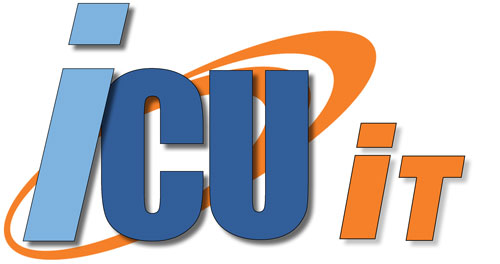With the recent Adobe cyber-attack in late October leaving over 38 million accounts trailing in the breeze, the importance of securing your organization’s computer assets and being proactive in data protection is once again brought to the forefront of IT professionals worldwide.
Maintaining up-to-date systems in a proactive manner helps to make cyber-attacks less successful, but how can cloud assets be protected, especially email services such as Microsoft Exchange? Here are five tips on protecting your organizational and client data in the cloud.
Limit Access
We’re not saying to completely close down mobile access, just to go about it in a more intelligent fashion. Your IT professionals and executives especially will need higher levels of access, which should be accompanied by higher levels of training in security and encryption as well as regulations of what types of data may not be sent using a cloud service.
The user’s location should also come into play here, with someone in the office during regular hours having their normal level of access, but when accessing records from a mobile device will require two-step authentication in place as well as limited access to records.
Protect Sensitive Data and Devices
Hand in hand with access limitations, your data needs varying levels of protection. Your organization’s more sensitive data should be protected behind encryption and additional monitoring at the least, to discourage unauthorized users from snooping when there is more easily obtained, but less sensitive, data to pursue. Similarly, personal devices used to access cloud data should have corporate data isolated from personal, patch management software should be installed to keep programs up-to-date and mobile applications should be scanned for vulnerabilities.
Where this can impact cloud email is that data storage is often accomplished using overseas servers which may or may not be providing the level of security you would expect and are not required to do so, depending on the country it is situated in.
Work Intelligently
Having monitoring software in place for network protection devices and advanced analytics helps you gather the intelligence needed to see patterns in the chaos. If you are going to work on switching your company’s email systems over to a cloud-based provider, you’ll want to find out what types of tools they have in place or that they are able to support.
Independence, Dependence and Hangers-On
Though you don’t have much control with a cloud provider, there is some information gathering you can do that helps mitigate the risk. Insist on knowing where your data is stored and what the laws and regulations are in that locale. Discuss with the cloud provider if they are willing to incorporate your security protocols.
Look into having an independent security analysis performed on the provider. Ask what additional parties the provider works with and whether and in what instances they are allowed access to your data.
Ask what guarantees they offer and get a list of penalties if they break their agreement, causing your data to be compromised. Remember that penalties will not remove your company’s tarnished reputation or liability if client data is compromised.
Consult the Experts
With the ever-evolving world of cloud computing, it can be difficult at best to stay on top of the latest in security issues, user problems and glitches that can create a backdoor to your data. One of the most important things to recognize in a business is when it’s time to call in the professionals.
They are often able to stay on top of the potential problems and recognize problems you hadn’t though of yet for less money, time and effort, leaving your company able to move forward without hesitation into new markets.
Now that you’ve had the chance to look at what the risks are associated with cloud-based email systems, it’s up to you to determine whether it’s worth the possible exposure for your company to switch to this type of system, and what type of precautions you’ll need to have in place first.
Are you looking to move your email to the cloud? Learn more here or call us on 01332 513333 or 01158 240516 to find out how we can help.
Photo Credit: FutUndBeidl via Compfight cc

